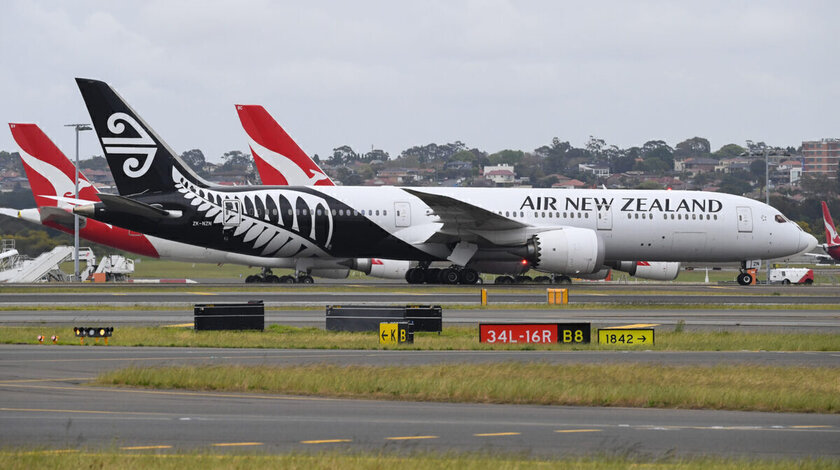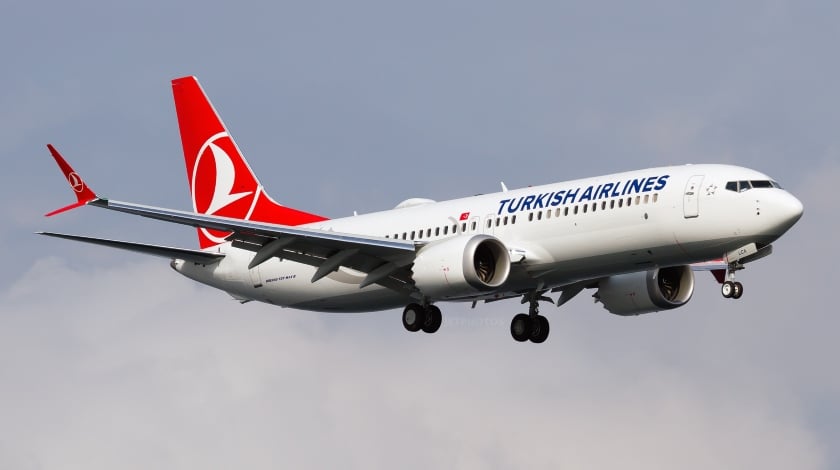Aviation & Tourism Network Group is a global community of Aviation & Tourism Lovers, Enthusiast Professionals& Leaders who are harnessing the Potentials in the Aviation and Tourism Sector to bring a Sustainable Economy Driven by the Aviation and Tourism Industry in their Country Vision Statement Networking Tourism and Aviation Professionals together. Welcome On-Board AvTourNet✈
Translate
Thursday, April 22, 2021
Government of Panama accepts IATA Travel Pass
Emirates may need further funding if air travel fails to recover soon
Airbus to create new aeroparts companies in France and Germany
Tuesday, April 20, 2021
New Zealand and Australia Create a Travel Bubble

Tearful reunions were all around Auckland airport on Monday since residents from Australia could travel freely to New Zealand without a quarantine obligation for the first time in more than a year.
According to the Australian Government Department of Home Affairs, all people residing in Australia or New Zealand can enjoy quarantine-free travel, as long as they meet the health, immigration, and other standard border clearance requirements.
While Australia has previously allowed Kiwis to enter the country without quarantine, New Zealand is following suit only now. However, if you arrive in New Zealand from any other country, you must quarantine for 14 days at your own expense.
“The bubble marks a significant step in both countries’ reconnection with the world, and it’s one we should all take a moment to be very proud of,” New Zealand Prime Minister Jacinda Ardern said in a news release.
Both Australia and New Zealand did a great job keeping the Covid-19 infection cases low in their countries due to tight restrictions.
Source: Aviation Voice
Saturday, April 17, 2021
Emirates Starts Using IATA’s Health Passport App
Turkish Airlines Resumed Boeing 737 MAX Operation

Turkey’s national carrier Turkish Airlines put one of its Boeing 737 MAX aircraft back into service following the Directorate General of Civil Aviation (DGCA) Boeing 737 MAX lift.
The first flight Turkish Airlines made using its Boeing 737 MAX after the type’s grounding was from Istanbul airport to Ankara. TK2138 took off from Istanbul Airport at 10:10 a.m. and landed at Esenboğa Airport in Ankara just before 11:00 a.m. At 11:50, the aircraft flew back to Istanbul, landing at just after 13:00. At 16:00 the same afternoon, it headed from Istanbul to Izmir and returned just after 19:00.
Turkish is one of the European airlines that rely heavily on Boeing 737 MAX, with 75 MAXs joining its fleet in the future. The only companies ahead of Turkish Airlines by Boeing 737 MAX orders are IAG and Ryanair Group.
At the moment, Turkish Airlines has 11 Boeing 737 MAX 8 and one Boeing 737 MAX 9 in its fleet. The MAX 8 variant has a two-class cabin, 16 seats in business and 135 in the economy. The single MAX 9 has a capacity for 16 business and 153 economy passengers.
Source: Aviation Voice





